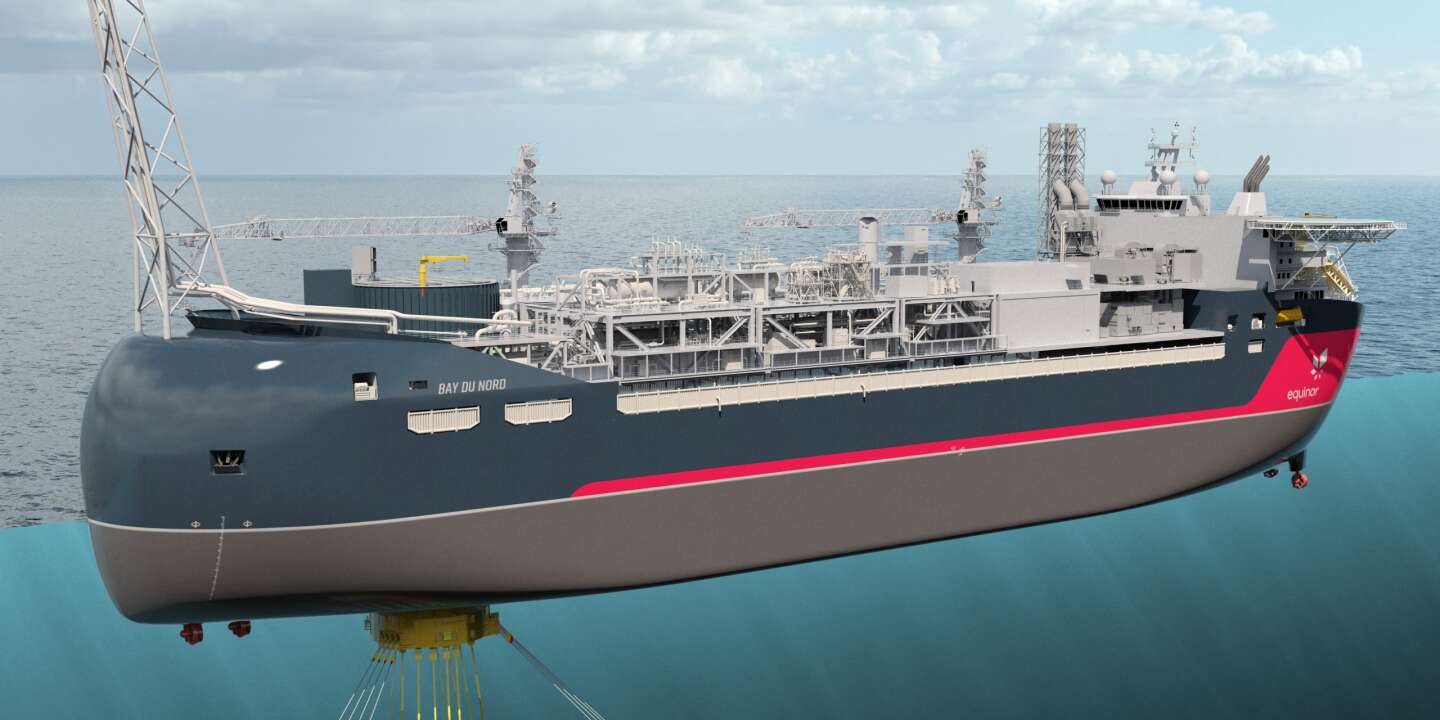
Published on :
The Russian-led war in Ukraine has led to extreme diplomatic tensions between Westerners and Russians. How should relations with Russia be seen in the future?
This is a question that European leaders are beginning to ponder, but the answer is currently complex. Since the invasion of Ukraine by the Russian army, we have previously, and logically, witnessed a deterioration in relations between the European Union and Russia. Considered to be an aggressor of extreme brutalitythe country is subject to severe sanctions, exacerbated by Russian military operations and the suffering of Ukrainian civilians.
The exchanges are tense and unfriendly. Nevertheless, two phenomena should be noted: first, the toughest sanctions against Moscow have not yet been taken – in particular the fact that Russian gas is no longer accepted. A measure that would be painful for Europeans – hence the current procrastination, but also for the Russian economy.
► To also read: Ukraine: EU imposes new sanctions on Russia, including coal embargo
Then, the dialogue, if it is weak, tense, cold, this dialogue is not broken. Diplomatic relations, of course, remain at their lowest. So much for the current state of affairs in these relationships. For weeks, months, even years to come, everything will depend primarily on the evolution of the war itself. The bloodier and bolder it will be, the harder it will be to talk to Vladimir Putin.
A total break that is not possible
However, can we imagine the dialogue being completely cut off, if not with Vladimir Putin, then at least with the Russian people? History and geography answer no to this hypothesis. Russia is part of the European continent, at least as far as the Urals. Trade, as we can now clearly see, is very important. In short, the interpenetration of the two blocks is too important to foresee a total break.
It is not the first time that a European power has disrupted order on the Old Continent. We can call it Napoleon’s France, or more recently Hitler’s Germany. In both cases it was necessary to defeat these powers militarily before re-establishing relations with them and reintegrating them into the European diplomatic game.
A vulnerable and increasingly difficult communication channel
But in the case of today’s Russia, the situation is different. Simply because this state has nuclear weapons, the ultimate weapon that Putin has repeatedly threatened to use. And this is what makes the situation very complicated. Westerners know very well that if they confront Russia directly, the risk of a world war is very real.
And paradoxically, it is because we cannot face this direct confrontation with Russia that we still need to maintain a channel of communication with Moscow. A vulnerable and increasingly difficult channel as revelations of abuse by Russian soldiers in various Ukrainian places are revealed. But a channel nonetheless, because with or without Putin it will be necessary (but when?) to get out of this absurd war through political negotiations over Ukraine and more generally over the architecture of a reinforced security for the whole country. European mainland.




